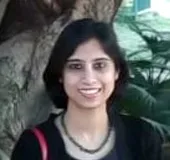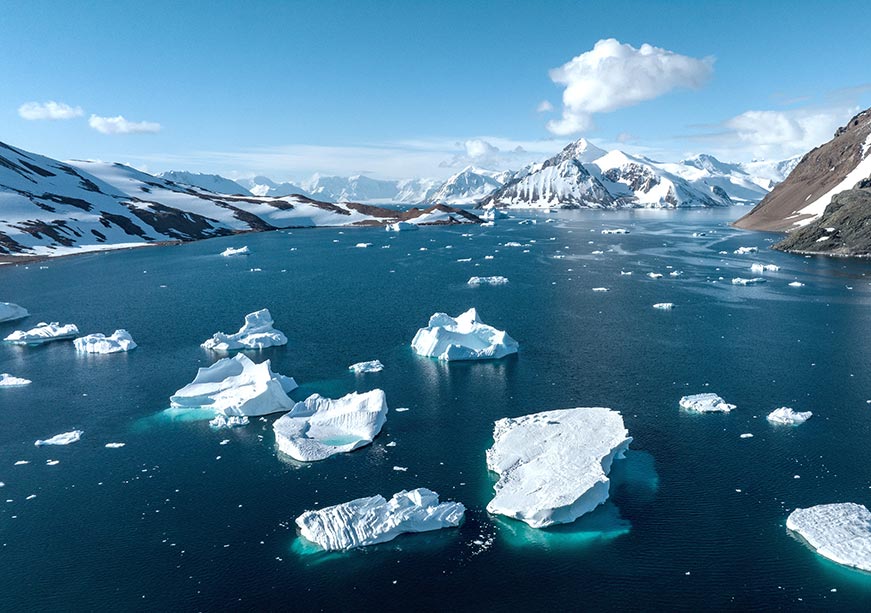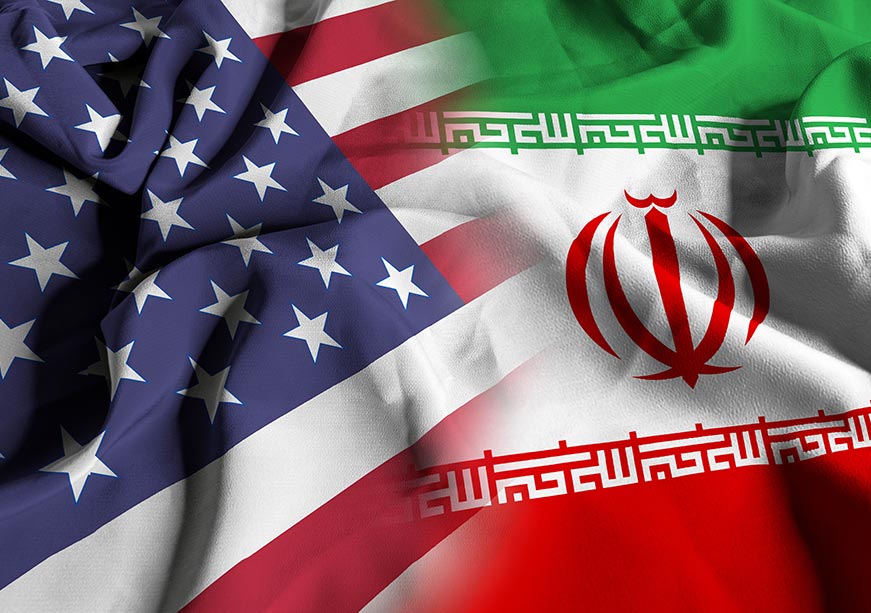
Since 2014, the G20 summit has become a
priority for Russia, prompted by the suspension of its membership in the G8 – the group of eight industrialized countries – following the Ukrainian crisis and annexation of Crimea. Having become an important venue for bilateral and plurilateral meetings – including informal meetings of BRICS and RIC – its value has increased manifold for a nation looking to deal with deterioration of ties with the West.
For the second year in a row, the trilateral Russia-India-China informal meeting took place on the side-lines of the 2019 G20 summit in Osaka, Japan. It was in 2018, at the initiative of President Vladimir Putin, that the three leaders had come together for the meeting after a gap of 12 years. This year, it was the proposal of Indian PM Narendra Modi to hold the meeting, wherein the leaders discussed promoting a multi-polar order, threats arising from protectionism, WTO reform and terrorism. Noting the ongoing regional security concerns, the leaders agreed on the need for multilateral solutions through negotiations, most likely a reference to developments in the Persian Gulf.
Meanwhile, the Chinese president underscored the need for discussion on the ‘
problems concerning RIC cooperation.’ This remark highlighted the oft repeated concern that regular meetings of foreign ministers in the RIC format, though an important platform, have not led to concrete proposals for implementation on the ground owing to Sino-Indian differences. In its latest edition, the leaders have issued directive for specific proposals to be formed and put forth before the next meeting, which is a welcome development.
The differences within RIC can be found most starkly on issues that were at the forefront of the second JAI (Japan-India-US) trilateral: Indo-Pacific, connectivity, infrastructure, ensuring peace and security and building upon the new concept together. The enunciation of Indo-Pacific has already attracted
criticism from Russia. While India’s participation in both the forums enthusiastically is seen as a sign of its hedging behavior to balance relations across the board, the constraints associated with RIC pose a challenge to the policy makers in creating an effective position. Russia meanwhile remains wary of Indo-Pacific, even as it has seen its dependence on China increase in Asia without being able to carry out effective diversification of ties in the economic, political and strategic realms.
This is not to say that the three countries do not share common concerns, as was evident in the issues discussed at RIC as well as the joint statement issued after the BRICS informal meeting, which noted the importance of countering terrorism, corruption and climate change. Economic agenda was also focused on by calling for reform of IMF, opposition to protectionism, support for WTO and concern over rising trade and geopolitical
tensions. There were remarkable similarities on the issues under consideration in both the formats when compared to the SCO’s Bishkek declaration earlier in June, where again the three countries are leading members.
The economic and security agendas noted in the RIC and BRICS summit also found expression in President Putin’s address to the BRICS leaders. The rising protectionism, need to reform WTO and IMF and focus on digital economy were noted by him in the address. The closing press conference also saw him reiterate these points, noting that the US and UK businesses want to continue investing in Russia. The fact that the economic agenda has been on the mind of the Russian president is no surprise, as growth has slowed, pulled down due to a combination of factors including western sanctions, low oil prices, unfavorable business climate and lack of reforms.
However, no sanction relief is forthcoming for Russia, despite the flurry of meetings that Putin held with almost all major European leaders present at the summit as well as US President Donald Trump. Apart from the sanctions imposed in the aftermath of Ukrainian crisis in 2014, the US imposed additional sanctions after Russia’s meddling in the 2016 presidential elections came to light. The
EU sanctions on Russia have already been extended till June 2020 as the Minsk Agreement remains no closer to being implemented.
The relations with UK have remained frozen since Russian involvement in the poisoning of former spy Sergei Skripal and his daughter in March 2018 came to light. The meeting with PM Theresa May was dominated by a frosty handshake and a message that for a change in the relationship status, Russia would have to ‘choose a different path.’ Meanwhile, Putin noted it as a ‘step forward’ and said that Russia had no aggressive intentions towards anyone. He added that its response would be in line with how it is being treated. In other words, no breakthrough was either expected or delivered in this case.
The 2018 G20 summit had also seen the cancellation of Putin’s meeting with Trump over the
Kerch Strait incident. Osaka was the first meeting between the two leaders since release of the Mueller report in April 2019 that highlighted Russian attempts to meddle in the 2016 US elections. Even though Trump made light of the meddling, the sanctions continue to be maintained on Moscow. An encouraging development did come out of this bilateral as the leaders agreed to direct foreign ministers to begin talks regarding extension of the new-START treaty, which is set to expire in 2021. Since the withdrawal of both the countries from the 1987 Intermediate-Range Nuclear Forces Treaty, there has been increasing concern over the future of arms control if the new-START were to expire as well. Putin has even extended an invitation to Trump to visit Russia in 2020 to mark the 75
th anniversary of victory in the Second World War.
The Russia-Japan bilateral meeting also took place after the G20 summit, resulting in announcement of easing of visa regime for Russian businesspeople. While no agreement could be reached on the issue of disputed islands, some projects have been identified for joint economic activities. The two sides have been unable to reach an agreement on the territorial dispute, despite the efforts made by Abe, which has led him to meet Putin
26 times. Russian public opinion has revealed that a majority of them are against any transfer of territory to Japan and Moscow has not found enough incentives to resolve the dispute at the earliest.
Meanwhile, agreements on climate change and digital economy were also signed while it was announced that a Japanese company would invest $3 billion in Arctic LNG 2 plant that belongs to Novatek, giving it a 10 per cent stake. Japan has been looking to diversify its sources of energy imports while Russia has declared its intent to ensure that gas exports to Asia-Pacific constitute
20 per cent of its total gas exports by 2030. The two leaders will have a chance to meet again at the Eastern Economic Forum in September, an event Abe has attended annually since 2016.
Putin also discussed with Abe and South Korean president Moon his meeting with North Korean leader Kim Jong-un. In April, the North Korean leader visited Moscow for the first time. Russia, which had been a member of six-party talks before Pyongyang walked out in 2009, has seen its influence on the North Korean nuclear issue decline. The meeting with Jong-un was an attempt to position itself as an important player even though its political, economic and military influence on the communist nation has declined; banking on the need of North Korea to have a more diversified list of friends.
It was also revealed that the Russian president is planning to visit Saudi Arabia and that the OPEC oil cuts shall be continued for the next 6-9 months on account of excess supply in the market. The
Normandy format came up for discussion with both French President Emmanuel Macron and German Chancellor Angela Merkel. Macron noted that July will see a meeting under the format comprising defense and foreign ministers, after all the four parties – Russia, Ukraine, France and Germany - expressed a desire for it to be held. However, the leaders’ level meetings shall not be held at this point.
Thus, for Russia, G20 has become an important venue to pursue its multi-vector policy and underscore its role in regional and global affairs despite a decline in influence from the superpower status of the USSR. While it has certainly succeeded in doing so, the meetings lacked any big-ticket announcement for Russia or a breakthrough in its contentious relations; thus, leaving a lot to be desired. However, it is important that venues like G20 continue to serve as avenues for continued conversations among world leaders on important issues, which also benefits Russia.
The views expressed above belong to the author(s). ORF research and analyses now available on Telegram! Click here to access our curated content — blogs, longforms and interviews.



 Since 2014, the G20 summit has become a
Since 2014, the G20 summit has become a  PREV
PREV



